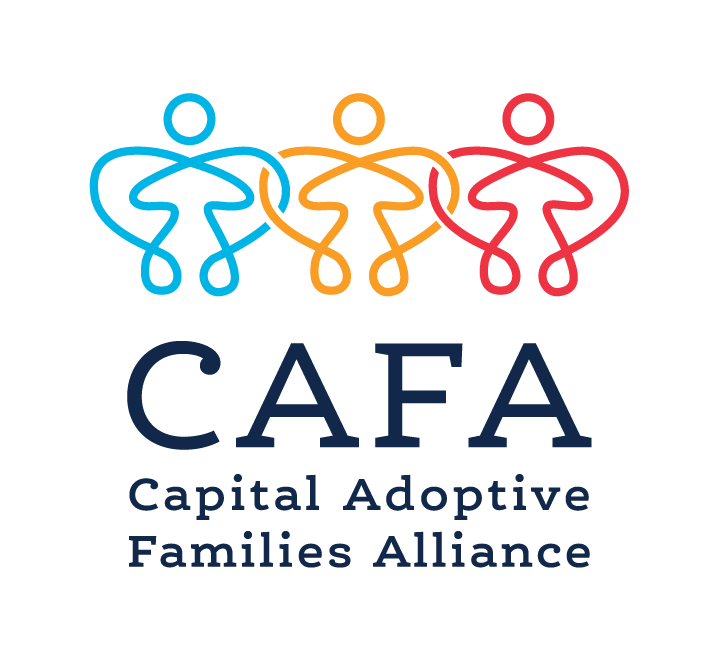
Residential Treatment Programs
Questions to Ask a Residential Treatment Program
Screening facilities through a brief phone contact or consultation visits will help you find the right treatment program.
Here’s a list of questions to ask. Remember to trust your instincts.
Name of Facility: _______________
Contact Person: _______________
Phone Number: _______________
Ages Served: _______________
Locked: _______________
Unlocked: _______________
Non-Profit: Yes? No?
Do you currently have space available? _______________
Q: What is the average length of stay in your facility?
Q: Does your program have a mechanism or procedure that will demonstrate and document that residents are more mature and more responsible when they leave than when they arrived?
Q: If a resident child appears not to be appropriate for your facility, does a staff member at your facility find, or assist in finding a more appropriate placement?
Q: Do residents in your facility know whether they are making progress or not? How?
Q: Are families of residents involved in the residential experience of their child? How? How often?
Q: Do the children in your care go to school on campus at a non-public school, or off campus?
Q: Does your program provide aftercare?
Q: Do you have a program for training of new on-site staff? Do you provide your staff with on-going training?
Q: How often will my child participate in therapeutic group sessions?
Q: How often will my child get individual therapy sessions?
Q: How are the parents or family involved in therapy or therapeutic assisted visitation with the child?
Q: Is there an initial timer period where the family is asked not to contact the child?
Q: Who would be my contact here regarding concerns for my child? Would this be a social worker, therapist, director, or all of these dependent on my concerns or questions?
Q: What are the visitation privileges or rules?
Q: What are the child’s privileges regarding home calls or home visits? Are these dependent upon behavior?
Q: What forms or approvals are required to place a child there?
Q: Do you currently have a vacancy for this child?
Q: What would be the next step?
Financial
Adoption Assistance +
The Adoption Assistance Program (AAP) is a federal program of financial assistance for adoptive children that goes into effect after the Adoptive Placement Agreement is signed.
School District +
Contact your district for further information.
Medi-Cal +
All children who qualify for AAP benefits are also eligible for health care services through the Medi-Cal program.
Private Pay +
Private pay is the primary funding source for a large majority of products and service associated with long-term care. Private pay refers to costs that are borne by the individual or his/her family. These services include a wide range of long term care products and services that are not covered by Medicare, Medi-Cal or insurance. Individuals without long term care insurance must pay for these services out-of-pocket.
Victim Witness +
The Victim Compensation Program (CalVCP) can help victims and family members of victims for crimes such as: domestic violence, child abuse, assault, sexual assault, molestation, homicide, robbery, drunk driving, vehicular manslaughter.

